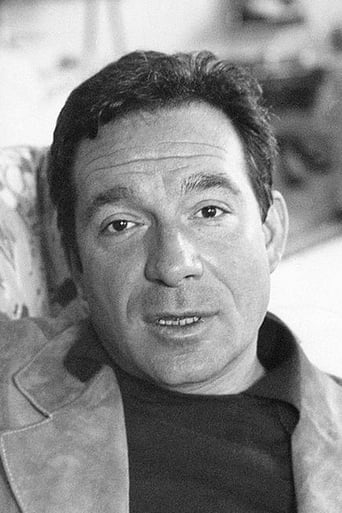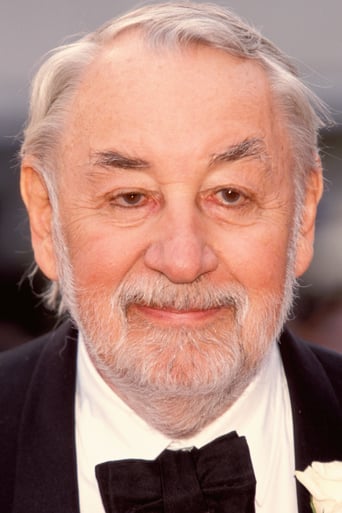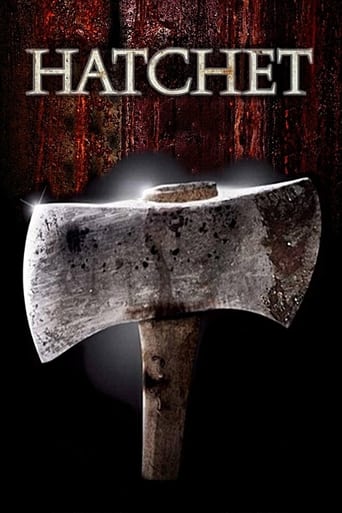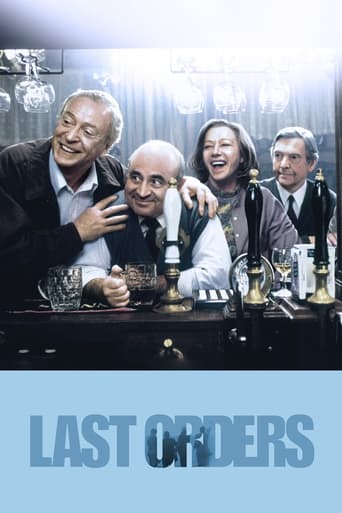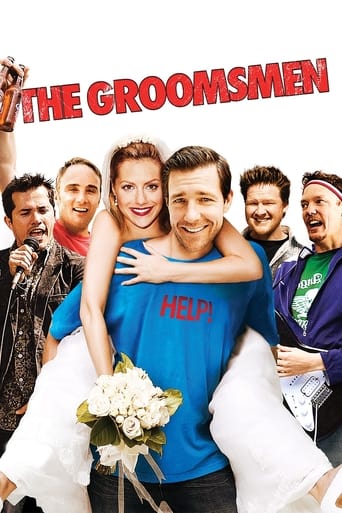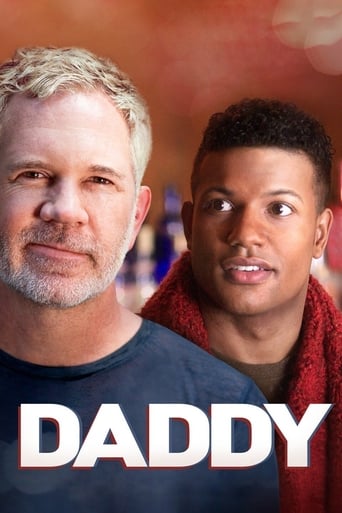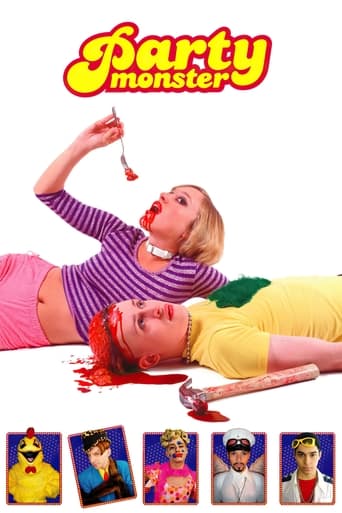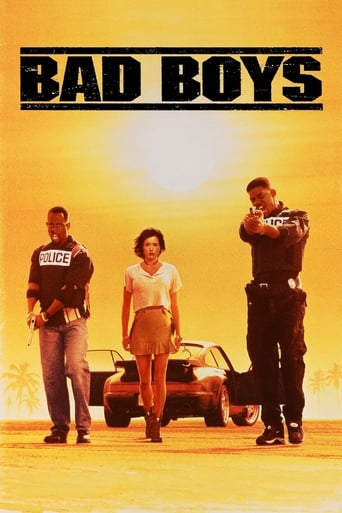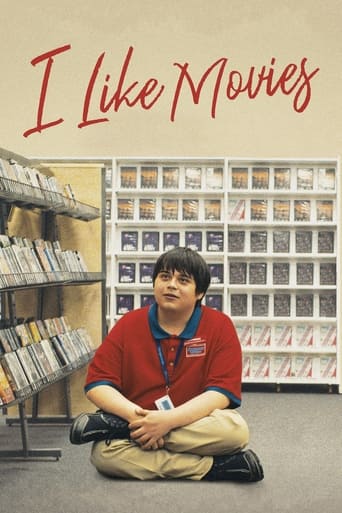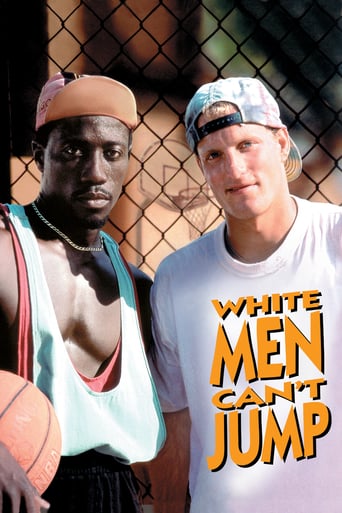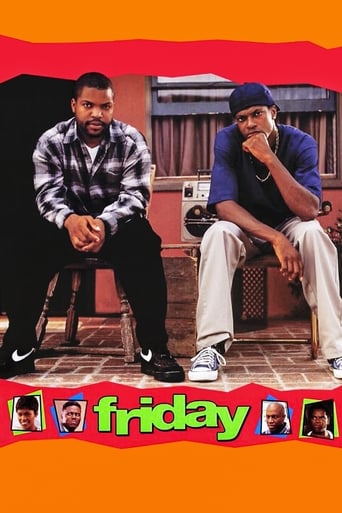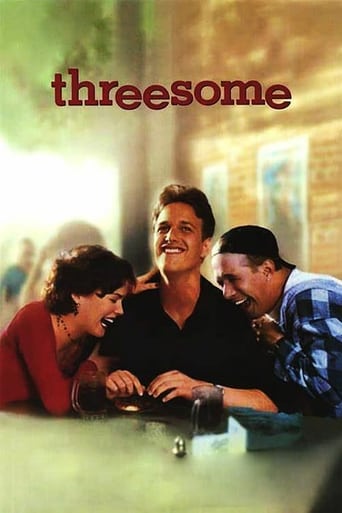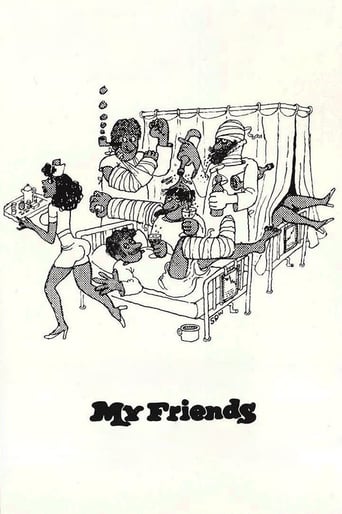
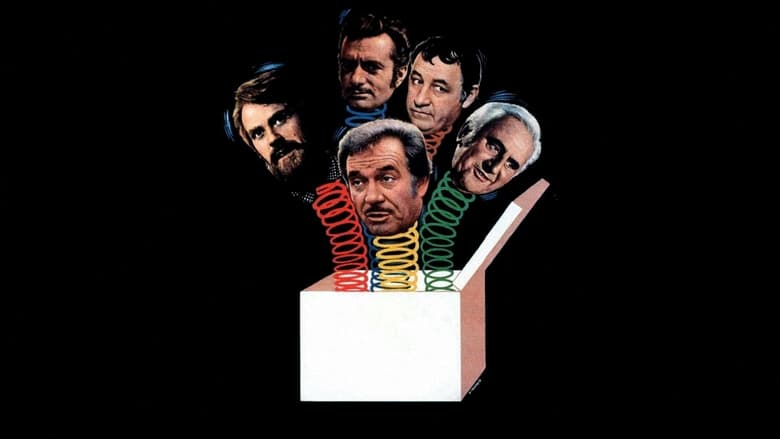
My Friends (1976)
Four middle-aged friends in Florence organize together idle pranks (called zingarate, "gypsy shenanigans") in a continuous attempt to prolong childhood during their adult life.
Watch Trailer
Cast


Similar titles
Reviews
My experience of Italian comedy before seeing this film extended only to the sex comedies featuring such beauties as Edwige Fenech and Barbara Bouchet, and although I enjoyed the humour in most of the ones I've seen; I have to admit that generally I enjoyed the films more because of the stars. My Friends is a straight Italian comedy and thus the reliance is on the jokes and situations more than sexy lead stars to sell it; and while I cant say that the film is laugh out loud funny (at least not to my tastes), this is a very good film and certainly one that will appeal to fans of Italian humour. The plot is fairly simple and, as the title suggests, basically just focuses on a group of four friends. They're all middle aged and have good professions (with one exception). They wander around town and get their kicks by pulling pranks and generally annoying people. The film features a number of plot threads; the first of which sees the gang land themselves in hospital and one of them ends up meeting the beautiful wife of the top surgeon.My Friends is something of a film of two halves and I have to say that I enjoyed the first half more. The tone is always light and breezy although the film does get a bit more ambitious and involving in the second half and that doesn't suit it as well. There doesn't really seem to be a defining point to it; the only one I could see really was the idea of the central characters being older men and still enjoying life. The lead characters are depicted as almost being like children and that's one of the film's biggest running jokes and seeing grown men mess around like the characters in this film has a sort of surreal humour of it's own. The film focuses more on situation than any actual gags and we do get some interesting and well worked scenes that are very funny; seeing a load of middle aged men slapping passengers on a train for example is fun to watch. I would imagine that most of this film's fans are native Italians and I can't see a film like this ever being a big hit outside of it's native country - but for fans of Italian movies, this comedy is a winner.
Look. If you're not Italian, or at least you don't speak Italian and you see a translated version, probably you won't get it. I don't know how the various pranks like the "supercazzola" have been translated and how they sound like. Here they sound like pure genius. I know a lot of people, scattered through the nation, that just WORSHIP this film, probably thanks to the fact that this movie is quite an underdog, neither a mainstream film, nor an artistically praised "commedia all'italiana". But who cares about artistical merits. The characters and the situations are so lively like is rarely seen. The film is an humble tale about life, women, friendship and death, with five men using their wits to avoid the tragedies of their lives. It's a lesson about taking life with a light heart, even if things are terribly grim. I think that the final laugh means it's all about that.PS Excuse me for the bad English. I'm Italian and i'm supposed to do a lot of errors!
"Amici miei" goes with other films to write the history of the Italian Comedy, or better to say, "la commedia all'italiana" (Comedy the Italian way), which reached its peak in the 1960-70's and turned out to be so different from the comedy genre I happen to know in other countries.Sour? Oh yes, absolutely sour. In "commedia all'italiana" films, you are typically made to heartily laugh through the film, although the situation may be grotesque and tragic, and usually made of razor sharp social satire. The characters are rather "types", masks embodying (social) vices. They can be embarrassing disagreeable people in which you usually recognise your neighbour. But they cannot be yourself, of course.Watching this film then, you may be surprised to be shown hypocrisy, compromises, inane wedding lives. These four family fathers enjoy going wild by making pranks to helpless people. They are selfish rogues who never take anything seriously and make a strange contrast with their children, 30-year-old very serious and reliable children. A situation "blinking" to the 1968 disorders and the social commitment of young people of the time, contrasting with the bourgeois way of life of elder people.Besides, I don't think it is TOTALLY extravagant to think that "Amici miei" is quoting Giovanni Boccaccio's "Decameron". In many of the short stories of this 13th century collection, we see that Florentine people had a taste for pranks since then...
At several points during the superb Italian comedy MY FRIENDS, the four friends, all overgrown adult children, pull pranks as though they were college dorm buddies rather than the middle-aged fools they are, chant a sort of barber-shop version of the quartet "Bella figlia dell'amore" from Verdi's "Rigoletto."We hear them sing while riding in a car on one of their frequent gypsy-trips to nowhere in particular. Wherever they go they bring mayhem with them. Their lunacy is both a reaction to and a comment on the lunatic world they see around them. The operatic clown Rigoletto was a sad fool too, and this quartet of sad fools elicits both our laughter and our pity. The film was directed by Mario Monicelli from a script by Pietro Germi, creator of some of Italy's best comedy-satires like SEDUCED AND ABANDONED and DIVORCE, ITALIAN STYLE.There is Mascetti (Ugo Tognazzi), a former count who has squandered his own and his wife's inheritance. He now sells encyclopedias, is soon fired from that job, and treats his long-suffering wife and child as excess baggage, shipping them off to her relatives, so he can be alone with his crackpot cronies. He also pursues a lame-brained little lush called Titti even after her colonel-father almost kills him with a shotgun and after discovering her in a lesbian attachment.There is Necchi (Duilio Del Prete), a horny cafe' owner, who while atop his wife tells her to hurry so he can get out with the guys and have some real fun. Male camaraderie means more to these people than heterosexual love and implies an ambivalent latent homosexuality.We see Melandri (Gastone Moschin),a lovesick cop who is eager to possess Olga Karlatos, the neurotic wife of a gifted surgeon (Adolfo Celi). The doctor oddly consents to turn over his wife to him, provided Melandri accepts two small daughters, a German governess, and a two-ton St.Bernard. No way. Erotic love has its limits. He quickly returns to the boys in a state of exhaustion.Then there is Perozzi (Philippe Noiret), the narrator, whose death ends the film. He lives with a humorless son who does not approve of the father's childish pranks, such as pretending to be a hunchback to ward off an unwanted woman. Perozzi is also estranged from a wife who loathes him. She is unable to express pity at his death. "What was he? Nothing." she says. Yet we know it to be that kind of "nothing" that is a challenge by a sad fool to the smug complacency of his son who is a person that faces life as though it were a death sentence. Whatever these clowns are, at least they are alive! In the hierarchy of fool-dom the son appears as loathsome while his father commands some admiration.Some of the episodes in the film are comedy of the first magnitude. Pietro Germi,who wrote the screenplay, had to withdraw from directing the film after a serious illness. He later died. Mario Monicelli, a notable directorial talent in his own right, took over the film and imparts to it a winsome ribald flavor you have to savor to appreciate.There is one episode in which the four, with the addition of sometime-member Celi, the doctor, enter a small town with maps and surveying equipment and convince the townspeople and a bewildered priest that the village must be leveled to make way for a new highway. In a truly hilarious episode we watch the group slapping the faces of passengers leaning out of the windows of a train departing from a platform.Another fairly grotesque scene has the group inviting itself to a party at a villa. Necchi relieves himself in a little child's potty, and the resulting volume of excremental emission provokes hysteria among the child's family when they discover the contents.In another long sequence the men dupe gullible Righi (Bernard Blier) into believing they are a group of gangsters pushing heroin. It too is hilarious, and it, and the entire movie are very, very clever.


